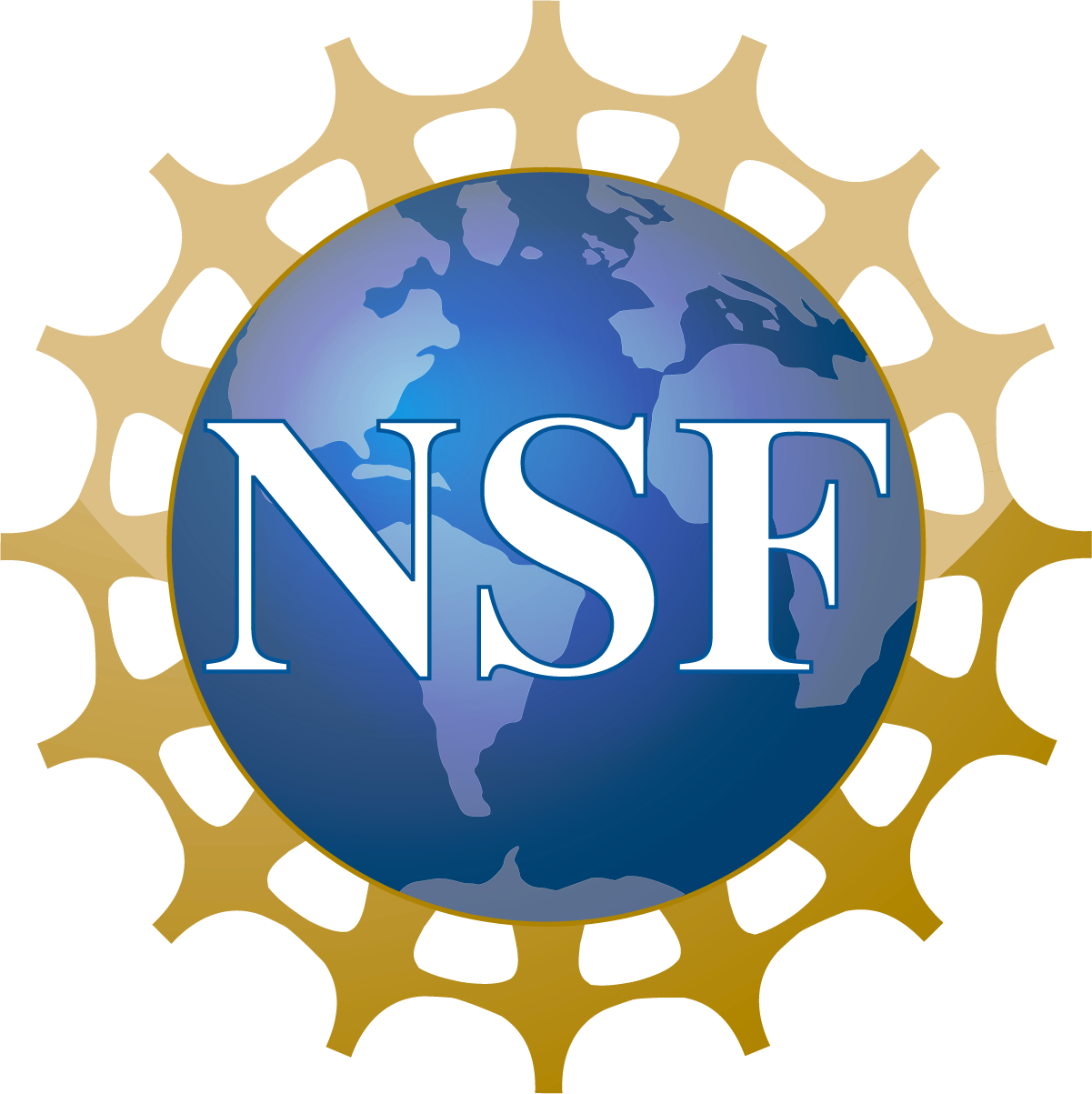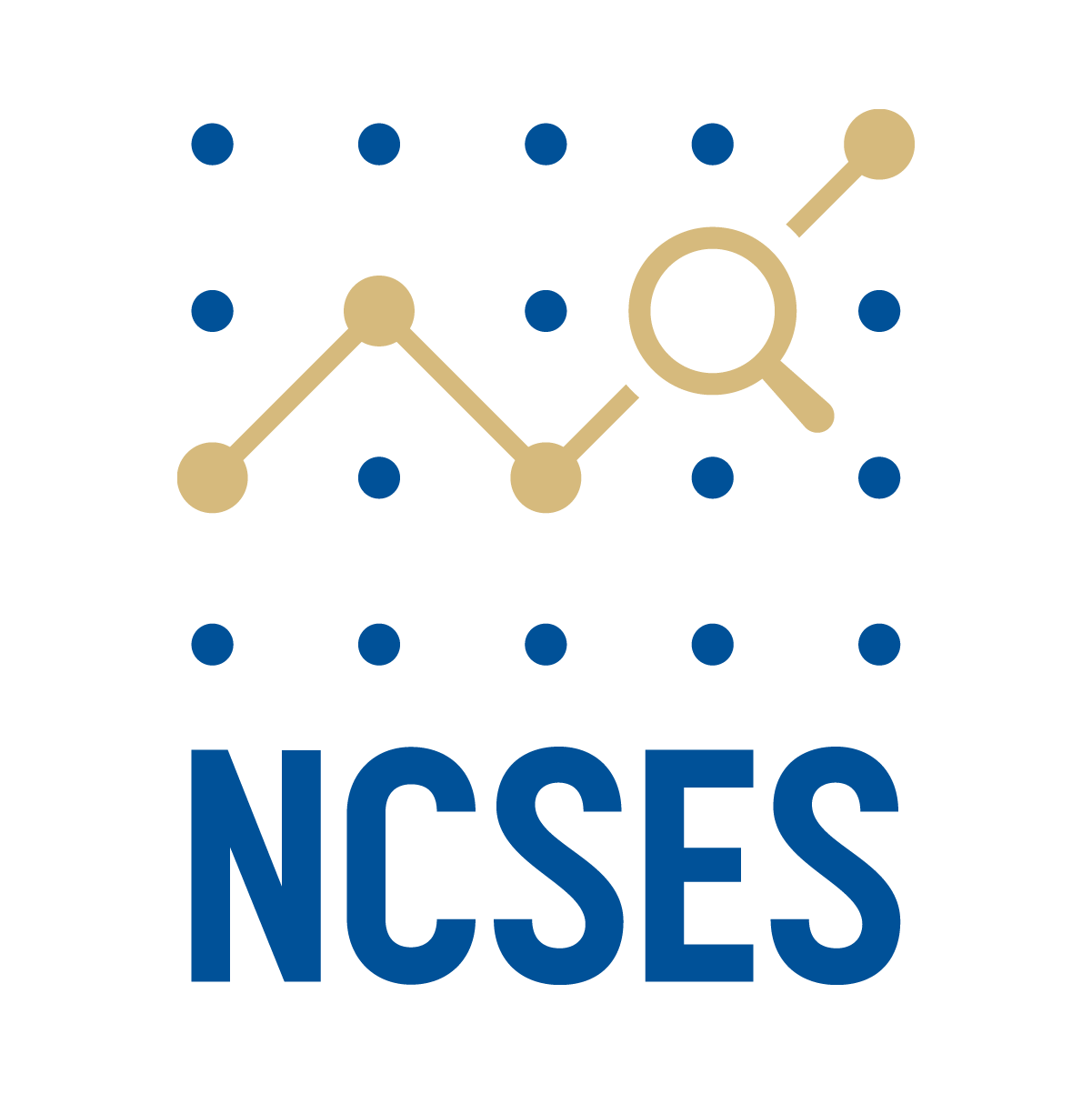Project Name:
Models for a Data Concierge Service for a National Secure Data Service
Contractor: NORC at the University of Chicago
Lessons Learned
Disclaimer: America’s DataHub Consortium (ADC), a public-private partnership, implements research opportunities that support the strategic objectives of the National Center for Science and Engineering Statistics (NCSES) within the U.S. National Science Foundation (NSF). These results document research funded through ADC and is being shared to inform interested parties of ongoing activities and to encourage further discussion. Any opinions, findings, conclusions, or recommendations expressed above do not necessarily reflect the views of NCSES or NSF. Please send questions to ncsesweb@nsf.gov.




